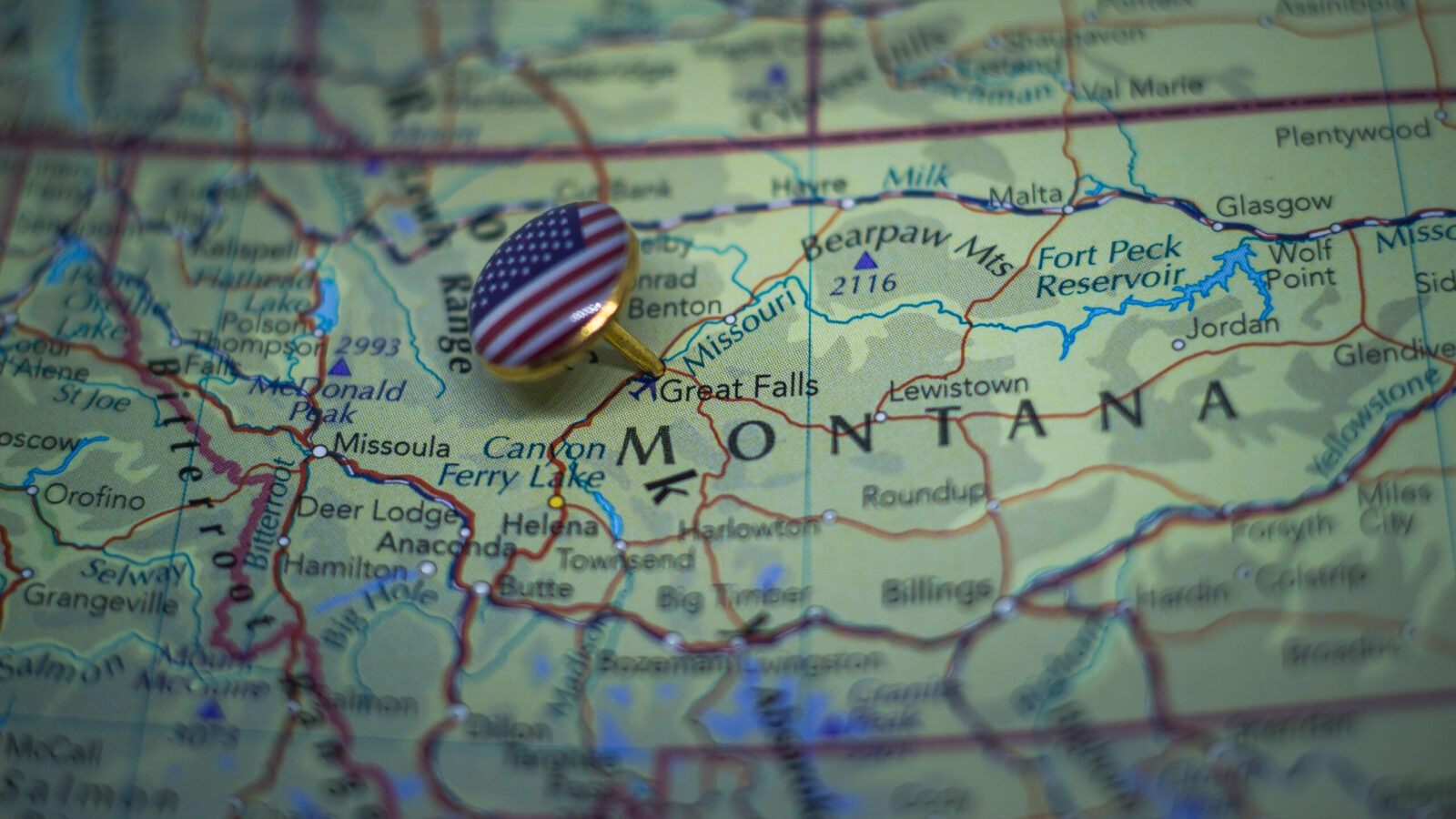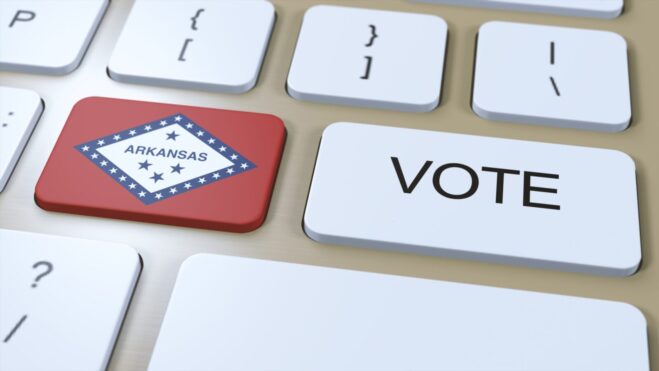As Some States Sour On DFS, Montana Considers Legalizing It
New bill would set the legal age limit at 18, ban credit cards, and tax operators at 6.75%
3 min

Remember when daily fantasy sports was in the crosshairs of lawmakers and regulators across the country, even as recently as last fall? Increasing resistance toward sweepstakes gaming and states beginning to oppose prediction markets have combined in recent months to sweep DFS scrutiny under the rug.
And now, one of the few remaining states without DFS is considering legalizing it.
Senate Bill 551 would legalize paid DFS contests in Montana, where they currently aren’t allowed. Washington, Oregon, Idaho, Hawaii, and Nevada also don’t allow real-money DFS.
Sponsored by Sen. Forrest Mandeville, SB551 would legalize DFS, task the Department of Justice with licensing and regulation, set the legal age limit at 18, ban credit card usage, and tax operators at 6.75%.
It was introduced last Wednesday and already had its initial hearing with the Senate Business, Labor, and Economic Affairs Committee this Tuesday. No vote was held yet, but the hearing featured spirited arguments from both sides as Montana stands on the precipice of softening its hard-lined stance against expanding anything even remotely adjacent to gambling.
‘It’s not gambling. It’s a game of skill.’
Online sports betting is legal in Montana, but in a restrictive manner. Residents must use the state-lottery-run app, Sports Bet Montana, and they can only place bets while physically located in “an authorized Sports Bet Montana location,” per the lottery’s website. Those locations include the state’s casinos and taverns.
Mandeville, a self-proclaimed avid fantasy baseball player, opened the hearing by emphasizing how different DFS is from traditional online sports betting.
“It’s not gambling. It’s a game of skill,” he told the committee. “You’re using your skill and your knowledge of sports in order to win the game.”
He continued to hammer that point, noting that no DFS contests are based on any game result or performance of an individual player. Rather, “participants play the role basically of a general manager” and see how their drafted roster performs against another player’s drafted roster.
Questions on low tax rate, similarity to props
Opponents disagreed.
Shauna Helfert, executive director of the Montana Gaming Industry Association, which represents the state’s casinos and video gambling operators, called DFS “yet another expansion of gambling.”
“We oppose online gambling. Period,” Helfert said.
Helfert also argued legalizing online DFS would hurt brick-and-mortar Montana businesses that currently offer in-person gambling. Not only that, Helfert said, but the 6.75% tax rate in the DFS bill is less than half the 15% tax video gambling operators have to pay in Montana.
“This act will be a direct competition with us, as well as the lottery,” she said. “[DFS operators] are just not your main street Montana businesses. … These are large national and international businesses.”
John Iverson, government affairs consultant for the Montana Tavern Association, called DFS “indistinguishable from sports betting” and alluded to Virginia Attorney General Jason Miyares saying the category of prop-style DFS pick ’em contests “constitutes sports betting” in 2023.
Iverson also brought up how the NCAA recently released a campaign focused on stopping angry sports bettors from harassing college athletes. Iverson said DFS contests mirror the prop bets that can hinge on individual performances and may motivate some of this harassment.
Asked if college athlete harassment has been an issue in Montana, where college sports betting is legal, Jason Johnson, the administrator for the Gambling Control Division of the Department of Justice, said: “We’ve not received those specific complaints, no.”
Vice chair questions opponents’ argument
Sen. Jeremy Trebas, one of the committee vice chairs, pressed Iverson on his claims during the hearing’s Q&A session.
“I see a lot of problems with your argument, Mr. Iverson,” Trebas said. “Why shouldn’t we allow the creation of regulated and legitimate sites in Montana to drive people to sites that they’re not going to get scammed at?”
Iverson argued that allowing DFS operators to enter Montana and offer online contests will “normalize gambling on your phone” and said the absence of DFS sites in Montana creates a “bright line” of legality — residents know online gambling is illegal because there are no state-regulated sites.
“So we know they’re sketchy if they’re here,” Iverson said. “And if we don’t have that bright line, then I think more people get scammed.”
“With all due respect,” Trebas replied, “I think it’s already normalized so I think we already have the problem.”
Mandeville asked committee members to “see past the fear-mongering” and claimed opponents’ arguments of DFS actually constituting online gambling don’t hold water because there is already an online sportsbook app in Montana.
“Apparently no one’s heard of Sports Bet Montana,” Mandeville said. “Unbelievable. … For crying out loud: We have a Senate pool on March Madness.”
Low revenue, high start-up costs
SB551 would generate roughly $27,000 in revenue in fiscal year 2028 and $29,000 the following year, Johnson said. He also said creating the DFS regulatory framework — creating new license types and tax types in their system — would cost $2 million.
Currently, the bill would direct all tax revenue to the General Fund. However, Mandeville said he’d be open to amending the bill to earmark some of the money for property tax relief.
License fees for Montana DFS operators would be $5,000. After an initial three-year period, annual renewal fees would be $1,000 unless the operator generated adjusted revenue of $150,000 or more in the year prior to the renewal. In those cases, the renewal fee would be $5,000.




